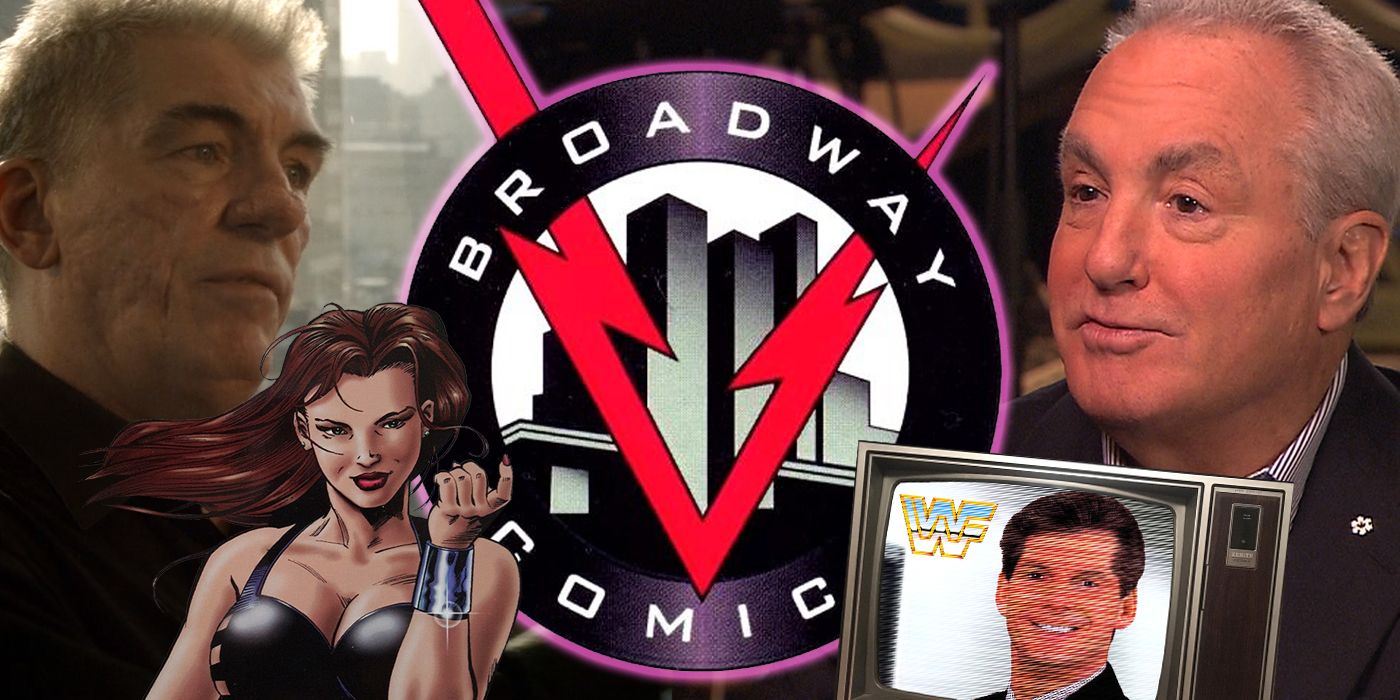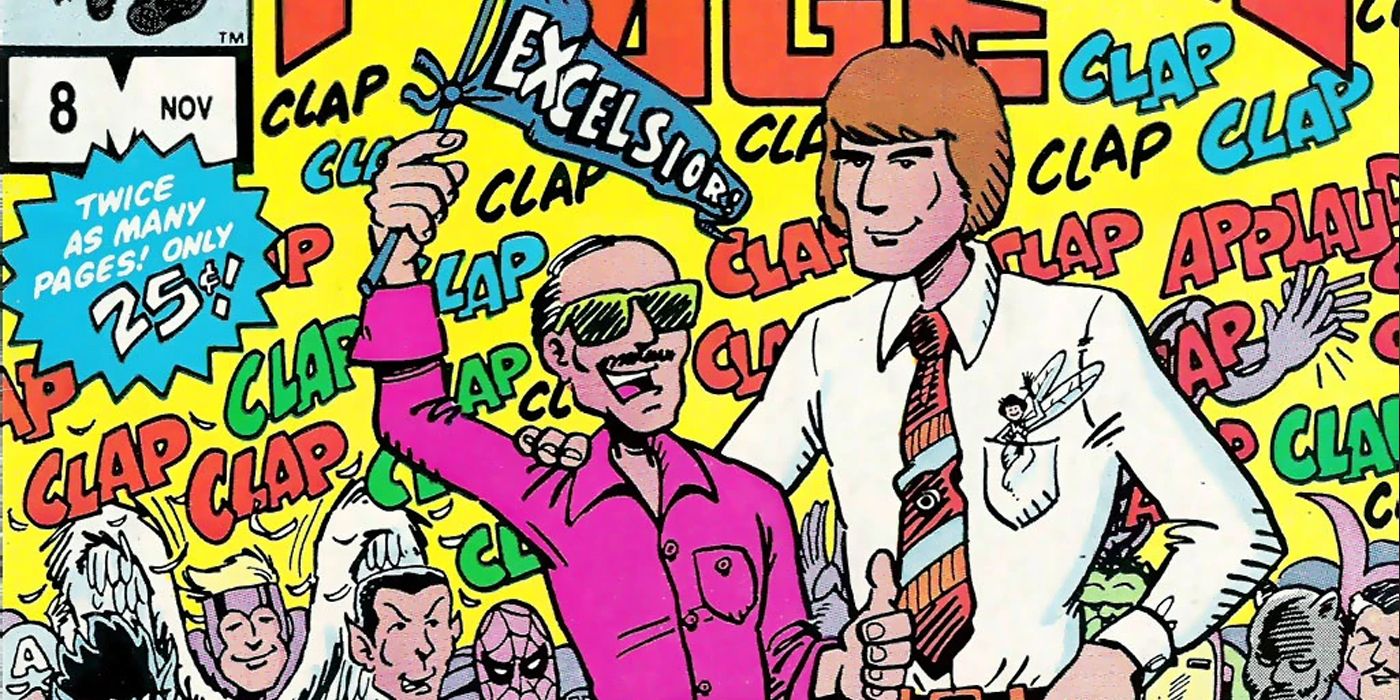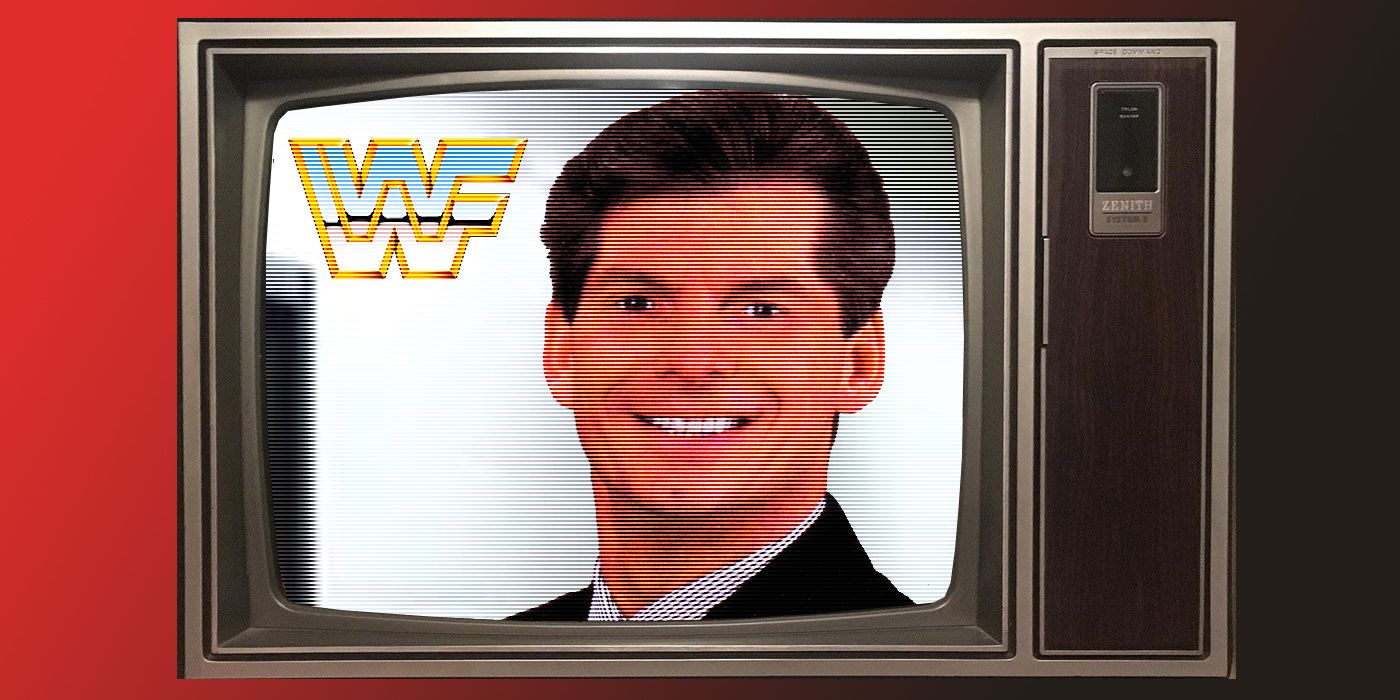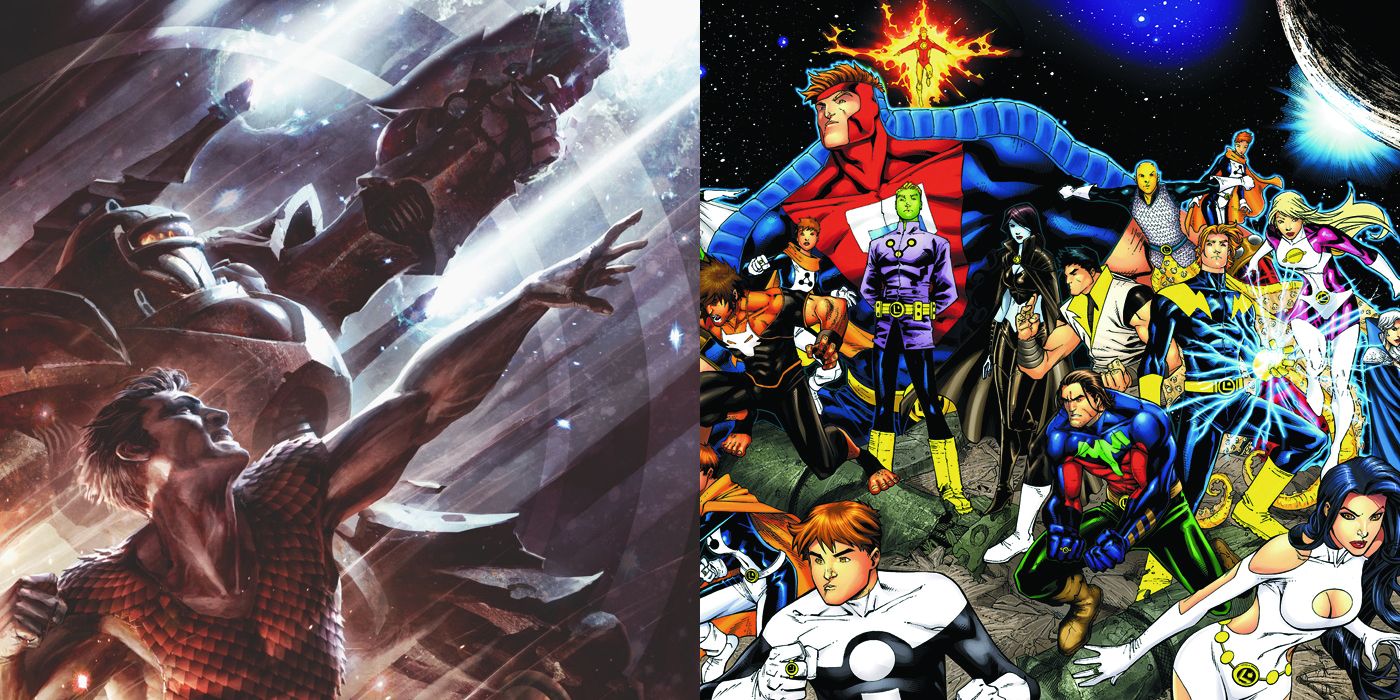As production companies and studios try to get a piece of the pie so exquisitely executed by the Marvel Cinematic Universe, the last decade has seen the acquisition and adaptation of intellectual properties mushroom. With the MCU's success across cinemas, broadcast television and streaming platforms -- and inspiring a slew of copycats -- it's easy to overlook that this is far from the first time this has happened. The 1980s and '90s comic book boom and runaway successes of Tim Burton's Batman and the first live-action Teenage Mutant Ninja Turtles film prompted some unlikely sources to get in on the action. One production company, unassociated with comics, surprised many when it threw its hat in the ring.
Beginning in 1979 as a source for editing and post-production services, Broadway Video was founded by Saturday Night Live creator Lorne Michaels, then about to join the cast of "Not Ready for Prime-Time Players" in a mass exodus from the late-night series at the end of its fifth season. BV expanded over time as a production company, producing additional television series and feature films, such as SNL-spinoff and box office hit Wayne's World. Under president Eric Ellenbogen it also purchased several television back catalogs in the late 1980s, gaining ownership of properties like Lassie and The Lone Ranger.
Michaels would return to SNL in 1985, course-correcting the floundering series with a new cast that thrived in the coming years. This era launched the careers of many cast members, a good number of whom would find cinematic success in features produced by Broadway Video. Nothing lasts forever though, and soon enough it was a very different story. The Mar. 13, 1995 New York Magazine cover story declared "The Inside Story of the Decline and Fall of Saturday Night Live;" it was, if nothing else, an eloquent alternative to the numerous "Saturday Night Dead" headlines making the rounds at the time.
The comic book industry was in equally dire straights. The 1980s small press boom and prestige releases like Watchmen and Batman: The Dark Knight Returns begat increased interest in the major publishers. This, in turn, led to issues selling by the millions and creators forming their own upstart companies, all coinciding with key back issues selling for unprecedented amounts of money. It was a massive bubble some expected to last forever, and when it finally burst it left scores of publishers insolvent and dropping like flies. For context, even Marvel Comics found themselves filing for Chapter 11 bankruptcy by late 1996. Still, while things were riding high there was money to be made and many-a-pie to get a piece of. Enter former Marvel Comics editor-in-chief Jim Shooter and his then-current venture Defiant Comics.
After making a name for himself as a writer and artist on DC's Legion of Super-heroes while barely into his teenage years, Jim Shooter joined Marvel Comics editorial in the mid-1970s and rose to the rank of editor-in-chief by 1978. Guiding the company through a rocky period and into great success, Shooter's luster faded and he was let go by 1987. Rebounding two years later with Valiant Comics in 1989, the company quickly carved out a niche for itself in a crowded marketplace with new characters and updates to the classic Gold Key Comics line-up. It also managed to deftly handle less-than-ideal licensing arrangements with Vince McMahon's WWF (as it was then known) for comics based on its roster of sports entertainers (one of which was an Undertaker tale drawn by no less than Steve Ditko).
Nevertheless, by 1992 Shooter was removed from his post by Valiant's parent company Voyager Communications; he soon returned to publishing with Defiant Comics the following year, care of its backer Enlightened Entertainment Partners. Fielding interest and offers from several buyers, EEP ultimately sold Defiant and its portfolio to Broadway Video in 1995. In a contemporaneous interview in May 1995's Wizard Magazine and a 2012 recounting on his personal website, Shooter makes clear the divide between Defiant and the later BV formation Broadway Comics. He delineates the venture as part of BV's expansion into other licensed properties and ownership, with little interest in continuing the Defiant brand. EEP's former Vice President of Marketing and Development J. Clark Smith's biography implies that while Defiant and BC were very much separate entities, one could not have existed without the other.
As the comic publishing arm of a production company with a history of television projects and recent theatrical success, Broadway Comics was built with an eye toward adapting its stable of characters into other media. BC would also keep to the Valiant and Defiant trend of eschewing the typical comic book trappings of gaudy costumes in favor of more grounded and practical apparel. Shooter's dealings with Michaels himself were few and far between; he would mostly deal with BV president Ellenbogen, whose promises of greater things for BC's titles were fast coming up short.
The first Broadway Comics series Powers That Be was released in late 1995, an issue that introduced the standout and staff-favorite character Fatale (soon to receive her own series drawn by then-newcomer J. G. Jones). All of the titles published were written by Shooter and a team of three other writers. Despite the overt sexuality and ample bust size of Fatale's lead Desirée Hopewell, it was intended to be the antithesis of the classic "Bad Girl" comic that was all the rage at the time, with a lead that grew and learned from experience, while her sexuality was built into the character rather than simply part-and-parcel of her being a woman in comic books.
Despite the efforts of Ellenbogen, Hollywood meetings drew little interest in BC's properties. A subsequent meeting with World Wrestling Federation CEO Vince McMahon, however, saw the sparks of BC crossing over in a major way. While Shooter had zero interest in publishing comics based on anything to do with WWF after his experience at Valiant, another much more desirable option presented itself. Vince and his wife Linda (with whom he co-founded WWF) found themselves intrigued by Fatale based on Shooter's description. Introducing a super-powered figure seemed within WWF's wheelhouse at a point when it regularly featured the aforementioned Undertaker, an unambiguously supernatural being (who would continue to feature for the company until 2020).
Broadway Video had done their due diligence and found a face for Fatale's Desirée in Traci Adell. The July 1994 Playboy Playmate of the Month, Adell had since appeared in the 1994 smash hit Dumb & Dumber, and in small roles on the TV series Renegade. Adell was taller than Shooter and company had envisioned the character, but otherwise perfect for the part on the BC side of things. McMahon and company felt otherwise. Pitches for introducing the character fell on deaf ears, with Shooter's idea of her using her beauty to drive wrestlers to compete for her affections or leading a hostile takeover of the whole company failing to impress.
This would ultimately be the last gasp for Broadway Comics, which in 1996 was purchased by Golden Books Family Entertainment, then-just renamed from its long-standing title Western Publishing. As Golden Books shifted to focusing on children's products -- including its much-beloved books of the same name -- it purchased the BV back catalog, including Lassie, the Lone Ranger, and the pre-1974 Rankin Bass specials. This purchase also included Broadway Comics, whose content now fell outside Golden Books' current publishing plan. Ellenbogen would also join the company as president until his 1998 exit, which saw him landing at Marvel Enterprises as president and CEO through 1999. Golden Books, and by extension the Broadway Video portfolio, were later purchased by Random House and the Eric Ellenbogen co-founded Classic Media.
After self-publishing venture Daring Comics failed to materialize in 1998, Shooter returned to Valiant, then known as Acclaim Comics following its purchase by video game publisher Acclaim Entertainment. This return was cut short when Acclaim abruptly ceased comic publication in the early 2000s and closed a few years later amid bankruptcy proceedings. Shooter would also briefly return to writing the Gold Key characters and Legion of Super-heroes in the late 2000s.
Although its short-lived comic book imprint is long gone, Lorne Michaels' Broadway Video remains. While continuing the show that started it all, it's since found a second life in producing projects with SNL alums rather than focus strictly on character-based spin-offs. And for one weird moment in time it also published a handful of comics in tandem with a living legend of the industry.





